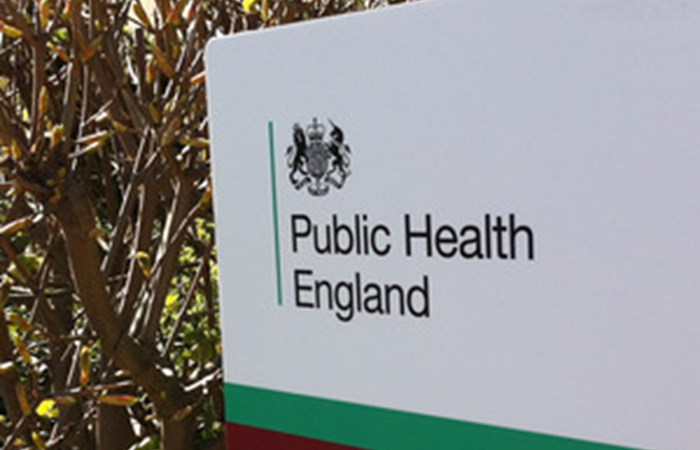Public Health England

People in contact with the criminal justice system face significant health inequalities:
- mortality rate for prisoners is 50% higher than the rest of the population
- people in and out of the criminal justice system are four times more likely to be smokers
- 15% of prisoners had been homeless immediately prior to custody, compared to a lifetime experience of homelessness of 3.5% in the wider population
- 42% of men and women in prison and 17.3% on probation suffered from depression, compared to just over 10% of the rest of the population
- it is broadly recognised that many prisoners have the biological characteristics of those who are 10 years older than them
Public Health England has worked with Revolving Doors, a charity working to improve the lives of those in contact with the criminal justice system, the Home Office and NHS England to publish Rebalancing Act. It is a resource for directors of public health, police and crime commissioners and other system leaders at local, regional and national level, to support collaborative work to improve health, reduce offending and health inequalities among people in contact with the criminal justice system
Launching Rebalancing Act at the House of Lords today (11 January 2017), Duncan Selbie, PHE chief executive said:
People in touch with the criminal justice system are more likely to smoke, experience depression and have overall poorer health than the general population. This is not right and it doesnt have to be this way.
Crime prevention and the prevention of ill health go hand in hand. This resource will help local health and crime prevention experts end this travesty, improve health across local populations and reduce re-offending rates.
This document sets out the case for investment, but also for making better use of existing resources, whether through joint or co-commissioning, pooled budgets, or simply more effective collaboration. PHE are committed to working with local government, police and crime commissioners, NHS England and clinical commissioning groups to raise awareness about how they can improve the health of offenders as well as help reduce reoffending behaviour.
